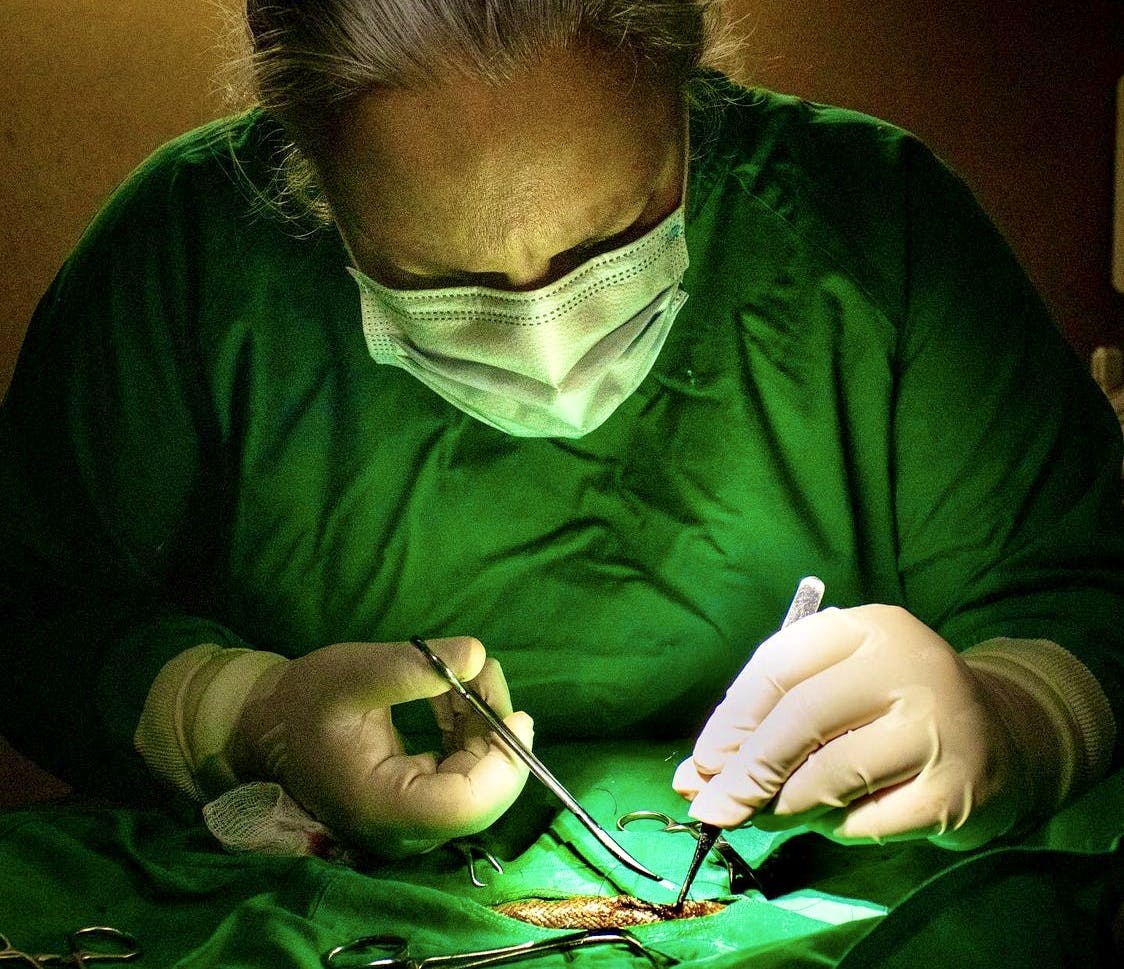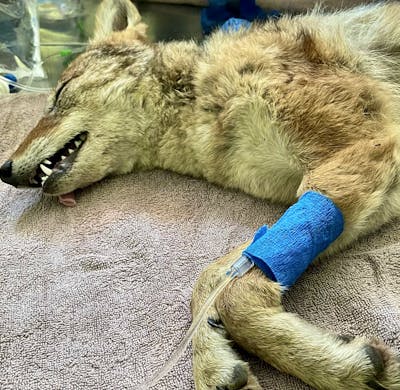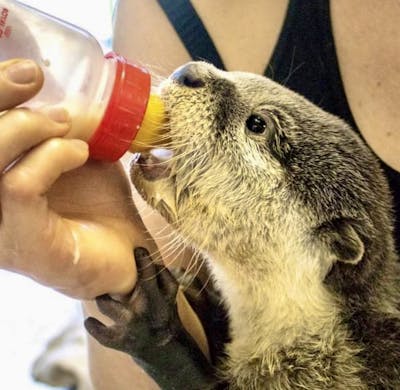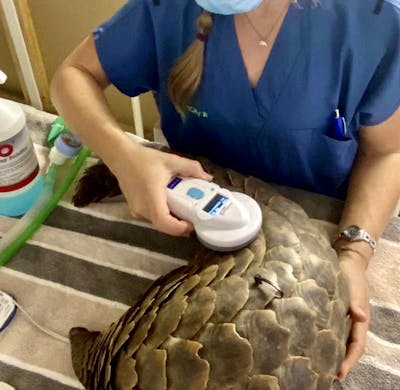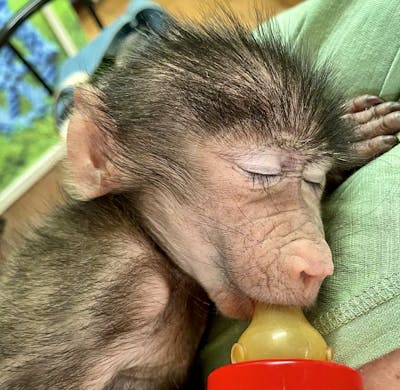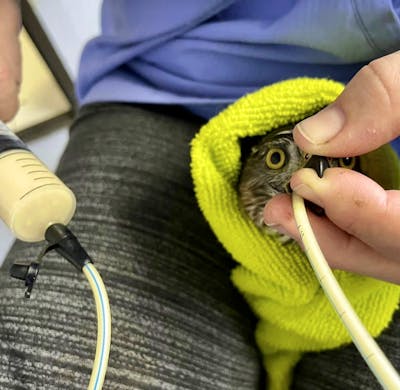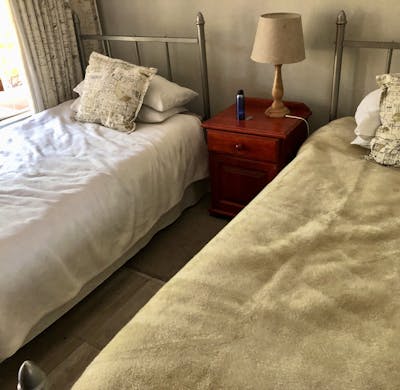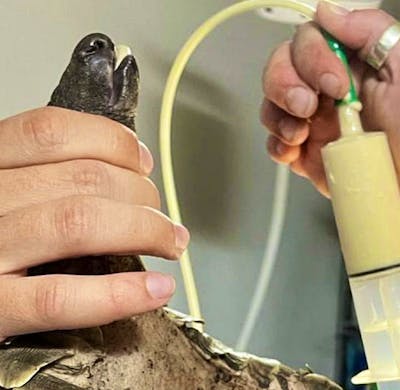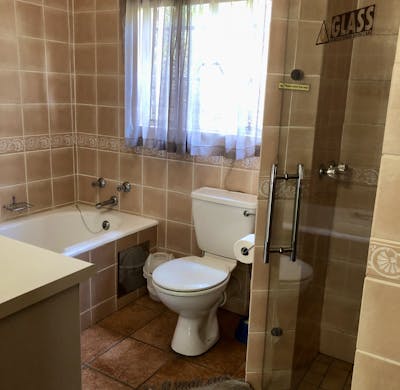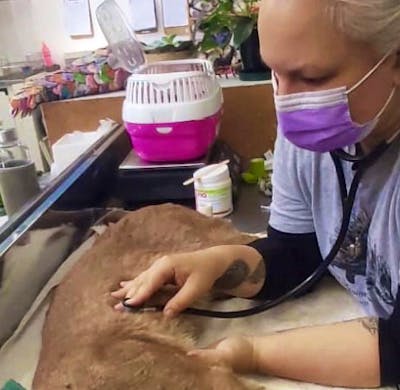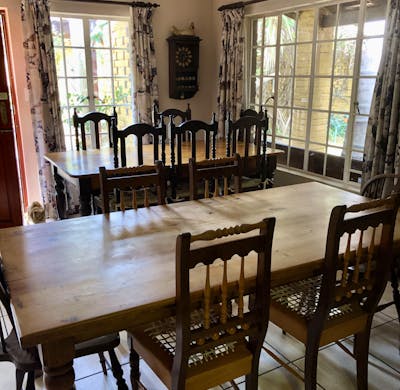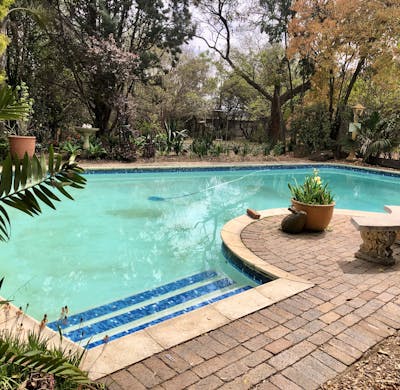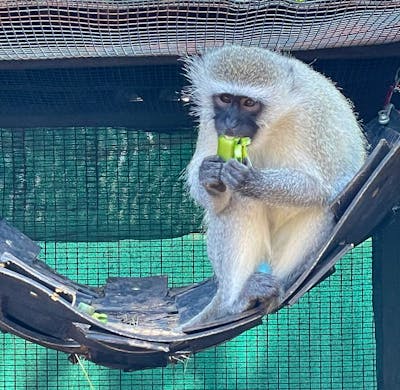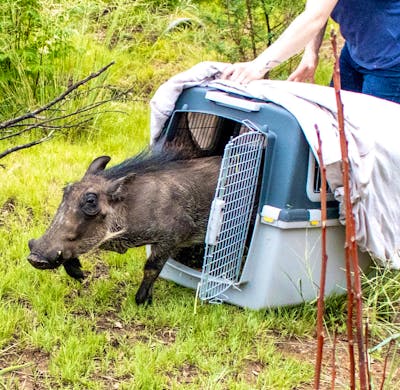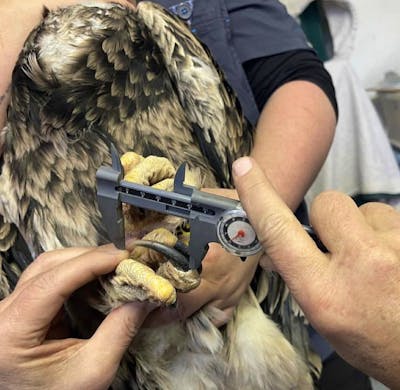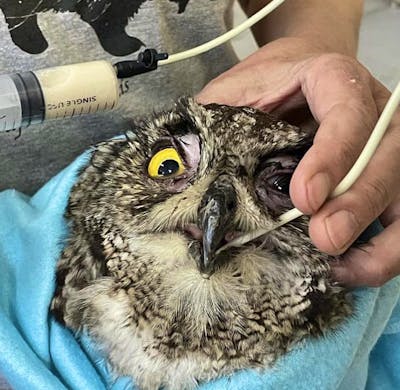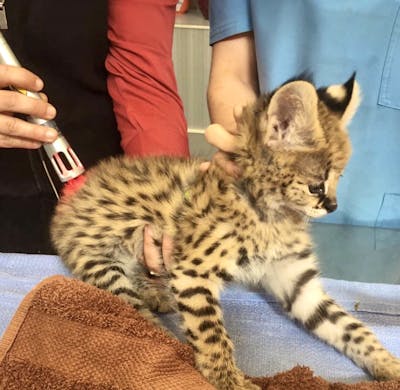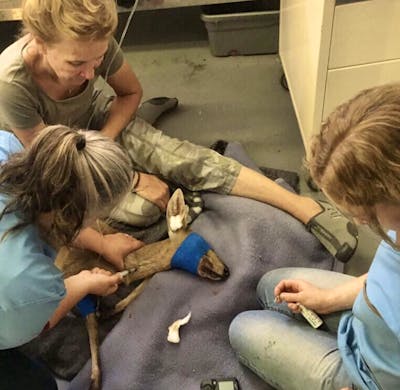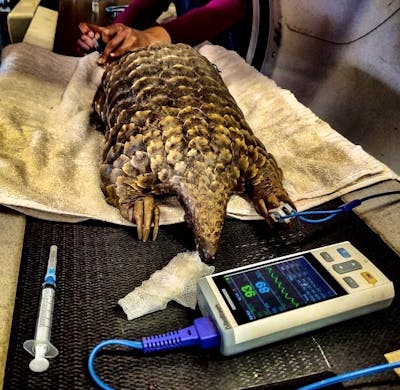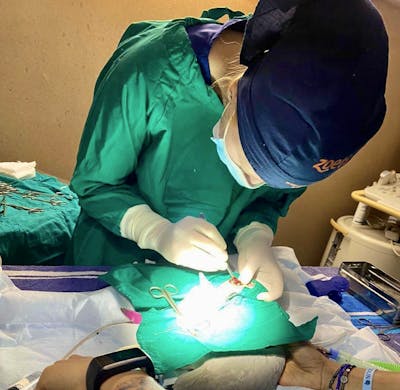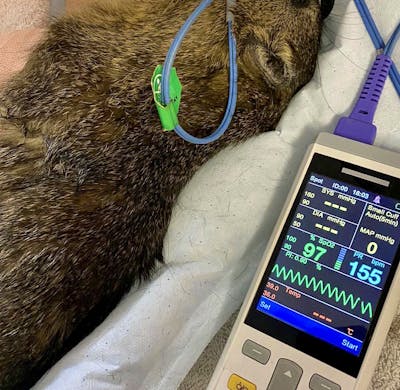à partir de 1 414€
Wildlife Veterinary Medicine and Rehabilitation
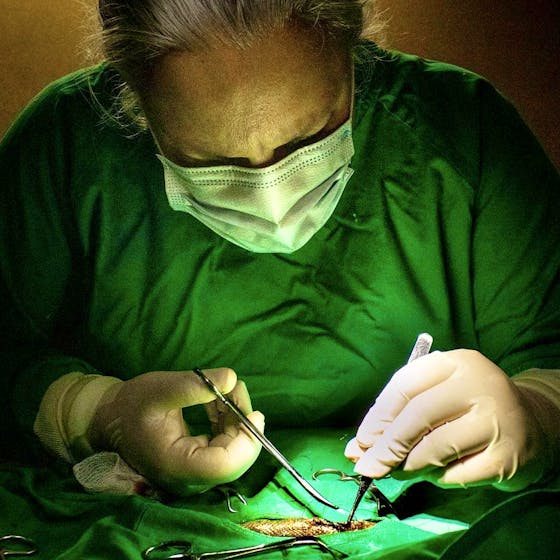
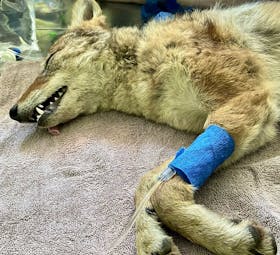
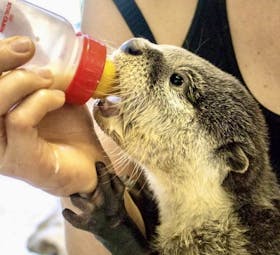
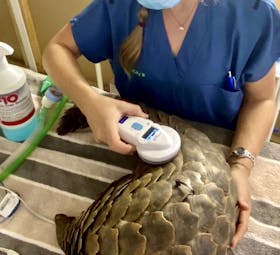
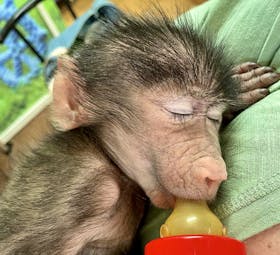
Clou
- Some of the species treated include owls, bats, raptors, mongooses, pangolins, serval, caracal, genets, bushbabies, hedgehogs, garden birds, water birds, reptiles, honey badgers and otters
- Regularly veterinary students and nurses are trained in the approach to the treatment and rehabilitation of indigenous wildlife by the onsite qualified wildlife veterinary doctor and her team
- The rehabilitation aspect is run and overseen by a permitted and trained rehabilitation team. You will assist them with food prep, closure cleaning and other duties needed for the animals care
- If you are studying veterinary medicine, this project can be used as an internship as the veterinary doctor is qualified to sign off on practical credit documentation. Vets students get preference.
- Witness surgeries, examinations, x-rays and medical treatments, depending on patients in care and assist with animal enrichments for those in undergoing rehabilitation
Particulièrement approprié pour
À propos du programme
Assist a top wildlife veterinary medicine doctor and a highly experienced wildlife rehabilitation team in their daily duties treating rescued indigenous wildlife.
Assist a team of an experienced full-time wildlife rehabilitation team and a wildlife veterinary doctor at this fantastic wildlife veterinary hospital treating indigenous small to medium sized South African wildlife. All the wildlife treated and rehabilitated, are wild without owners and once ...
Journée typique
Daily schedule
07:00- have a fresh start, shower and enjoy a good hot breakfast.
08:10- start the brisk 2-minute walk to the veterinary facility with other volunteers.
08:15- arrive and wait for the the staff to open the gate. The hospital opens at 08:00 in the week and 09:00 on weekends and volunteers ...
Activités de loisirs
Although Johannesburg is not the capital of South Africa, it is the largest business hub with a very large buzzing population. It is easy to organise an Uber to take you to local shopping malls on your days off or alternatively we can assist you with a private tour to local wildlife reserves, like ...
Conditions
Services inclus
NE SONT inclus dans le prix:
Informations sur l'arrivée
You choose your start and finish dates Monday to Friday (not weekends). The airport you need to fly into and depart from is OR Tambo Airport in Johannesburg. Arrival flights must land by 16:00 at the latest. Your check-in to your accommodation is from 14:00 and it is at least a 40-minute drive from OT Tambo International airport to your accommodation. You will be met at the International Arrivals entrance by your driver with your name on a board.
Please book early as space is limited.
Dates available for 2024
January: Fully booked.
February: Fully booked.
March:Fully booked
April: Fully booked.
May: Fully booked
June: 1 space 1st to the 30th
July: 2 spaces: 15th to the 31st
August: Fully booked.
September: 2 spaces: 1st to the 30th
October: 1 space: 1st to the 15th and 2 spaces 15th to the 31st
November: 2 spaces 1st to the 30th
December: 2 spaces 1st to the 31st
Frais de Programme
Rencontrez votre hôte
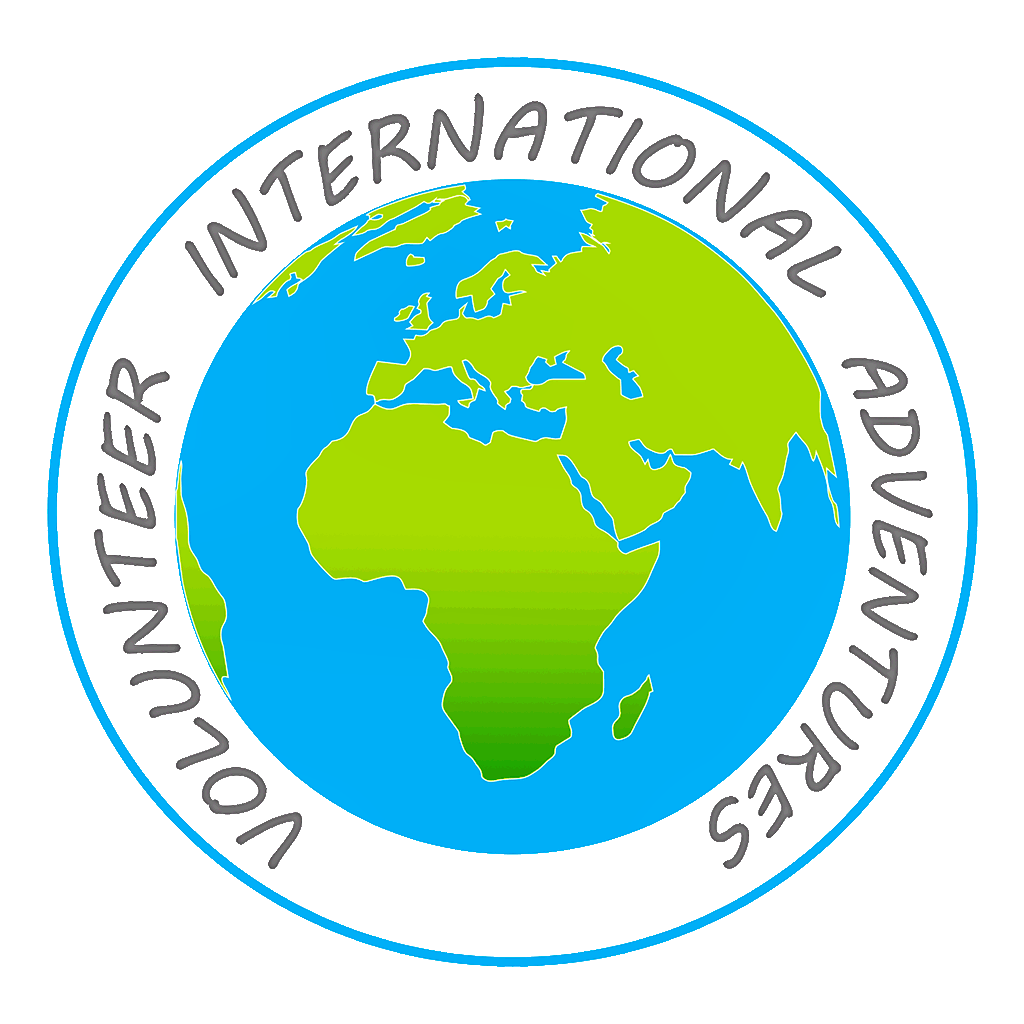
Volunteer Int. Adventures
Agence - fondée en 2020
Vérifié par Volunteer World
Hébergé par
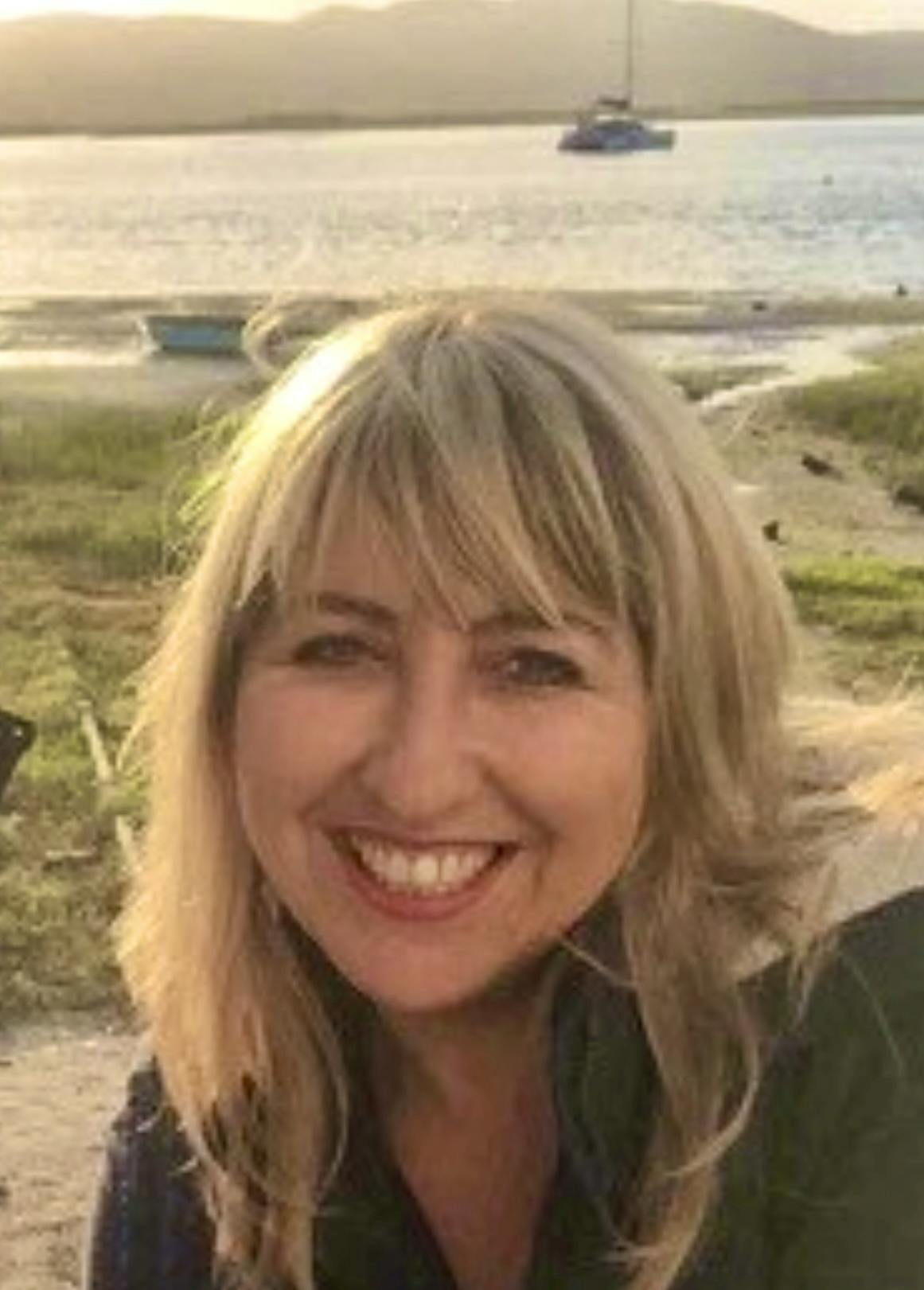
Sharon
Sur le projet
58 avis ·  4.8
4.8
Emplacement

Ces projets pourraient t'intéresser aussi
-
Formation vétérinaire
Conservation des chauves-souris
Sanctuaire d'oiseaux
stage a letranger
Singes
Plus de 50 ans
Mission humanitaire en anglais
Mammiferes marins
Les meilleurs programmes de bénévolat
Missions humanitaires en Afrique
Mission Humanitaire pour les etudiants
Animaux en Afrique
Couple
La vie sauvage en Afrique du Sud
Projets a l´etranger
Animaux sauvages en Afrique
Groupe
Missions de courte duree
Animaux en Afrique du Sud
Adulte
Stage en médecine vétérinaire en Afrique du Sud
